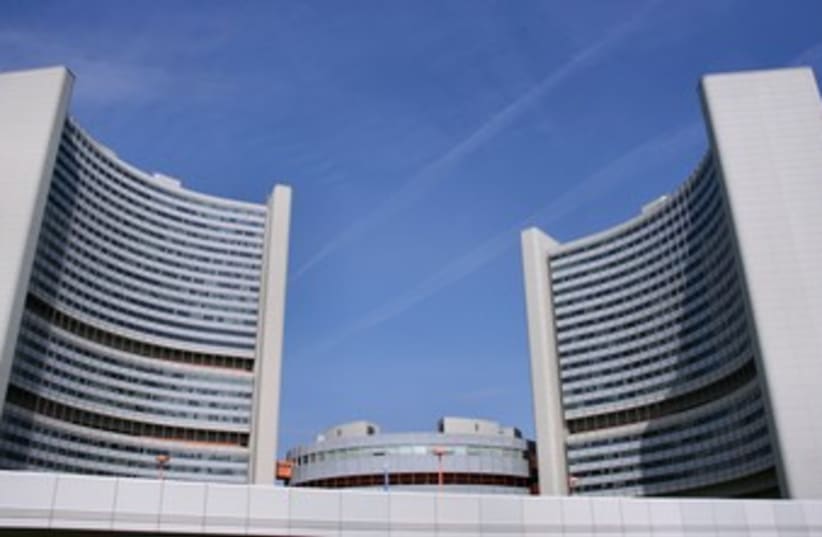Diplomats: Iran installed more enrichment centrifuges
IAEA report expected to show that Iran has increased uranium enrichment capabilities at underground Fordow site, according to Western diplomats; report likely to be seen as sign of defiance amid ongoing IAEA, P5+1 talks.
